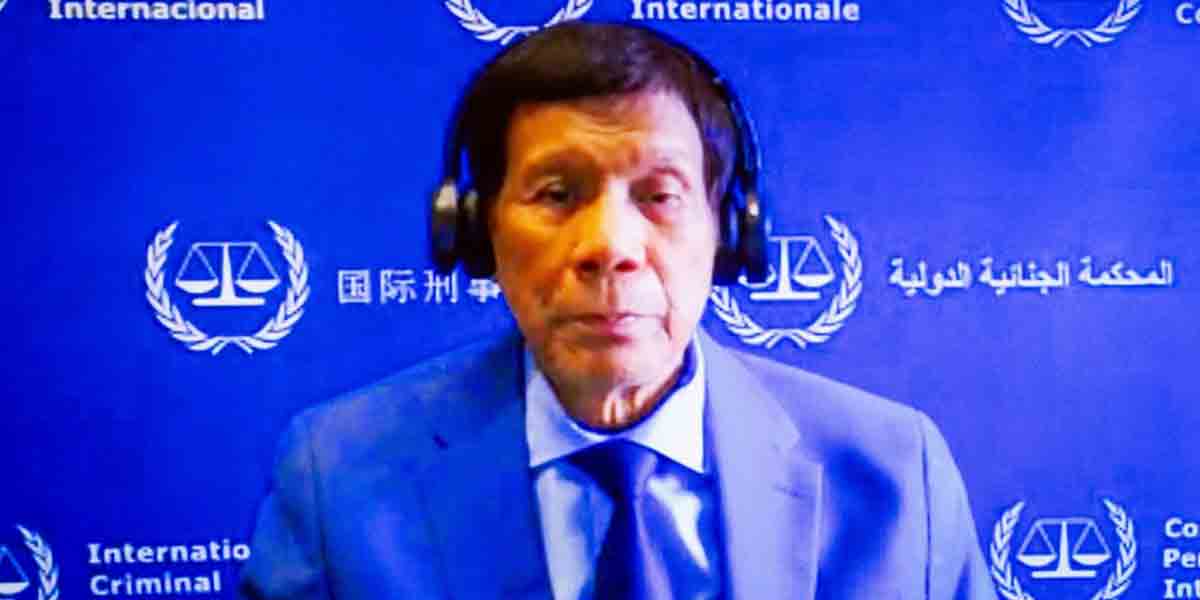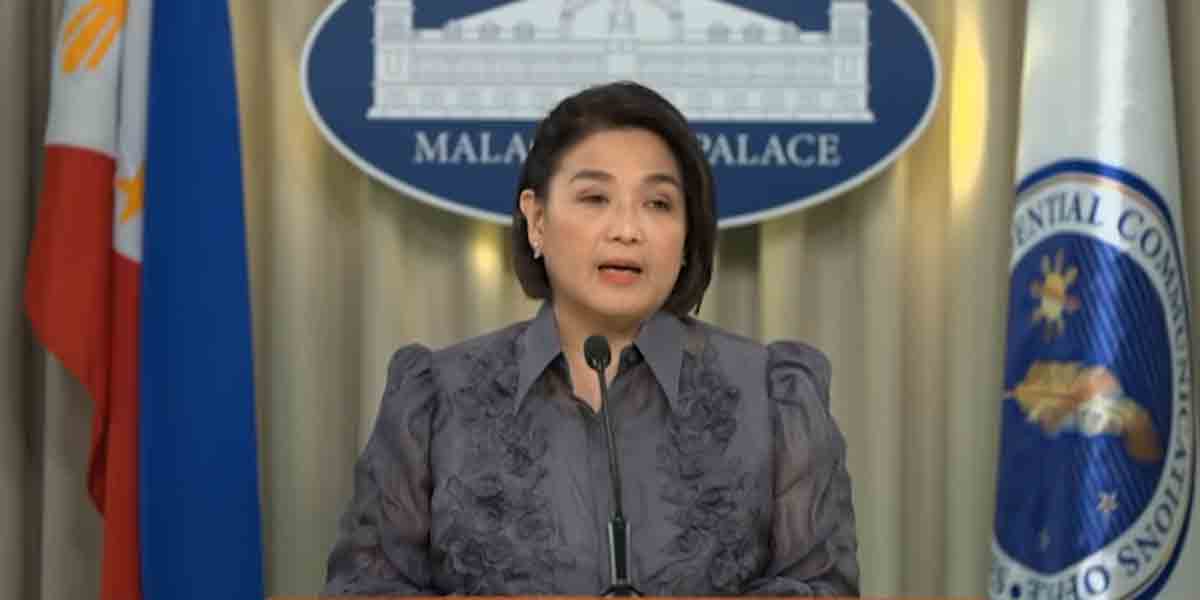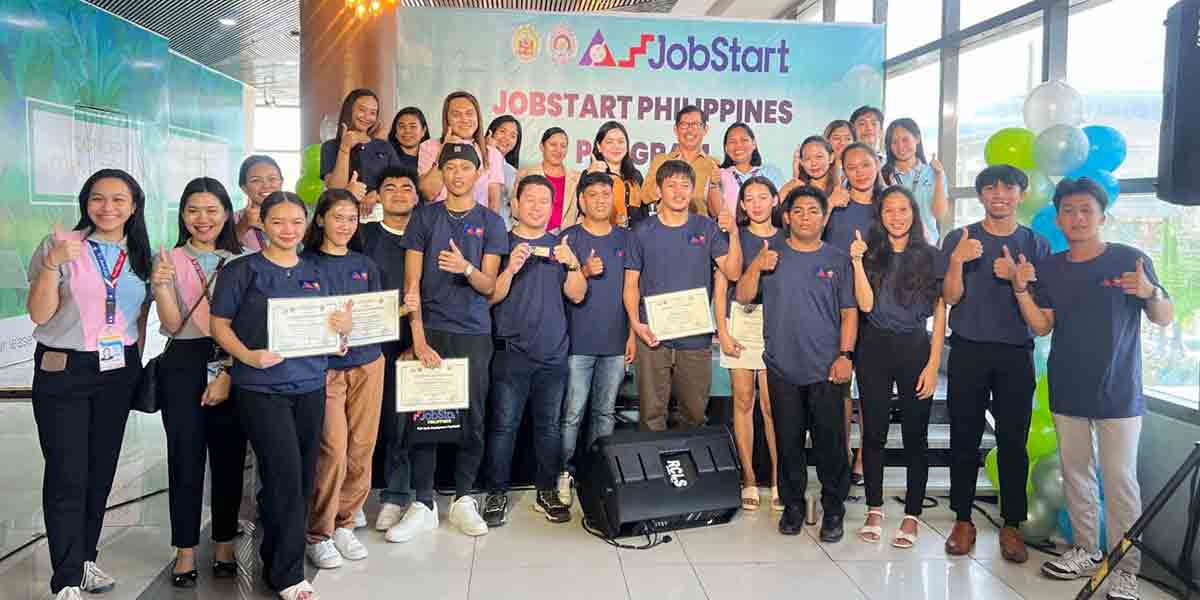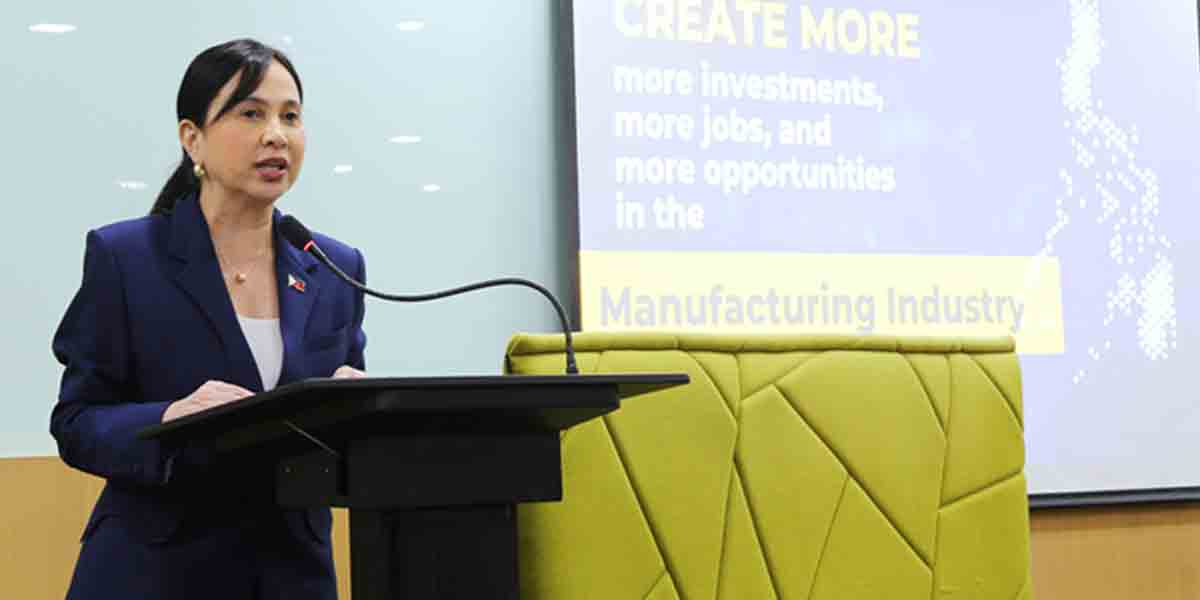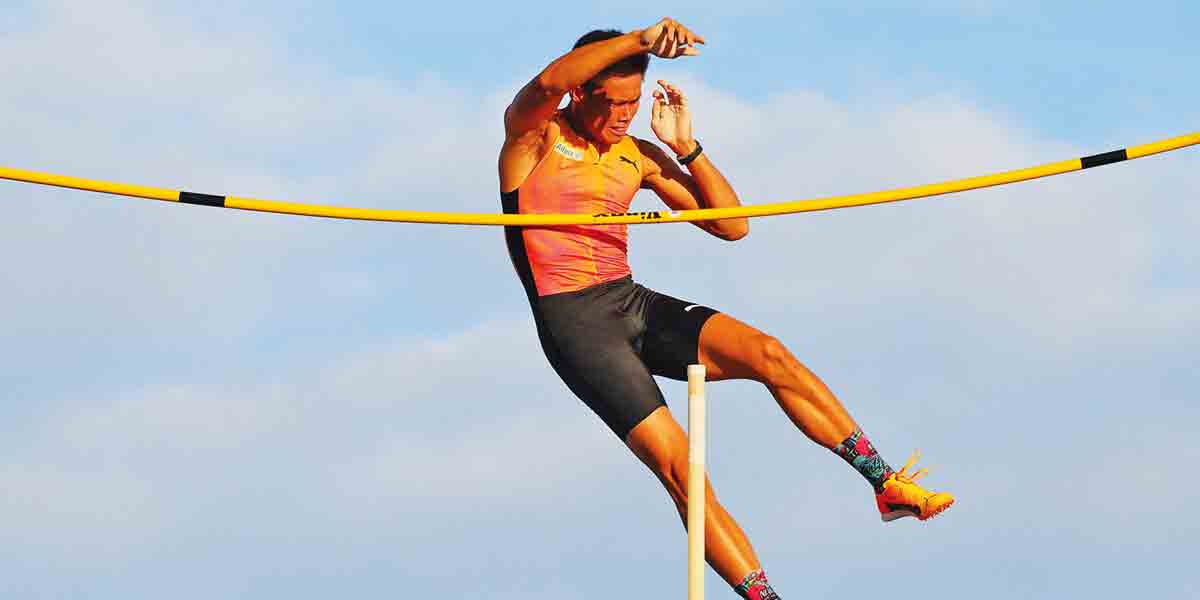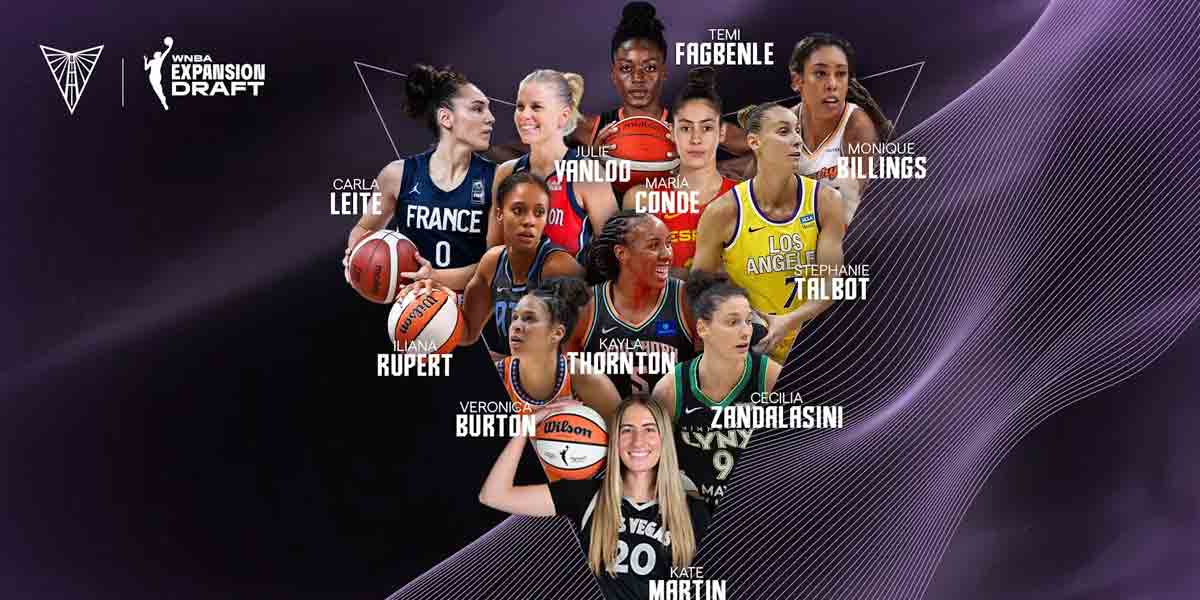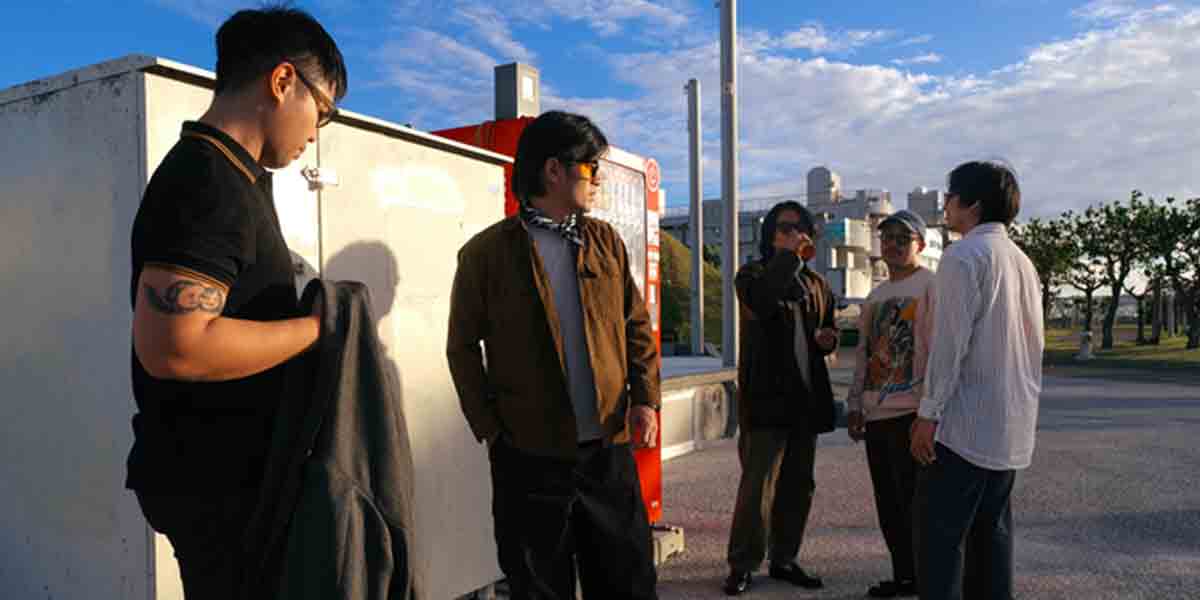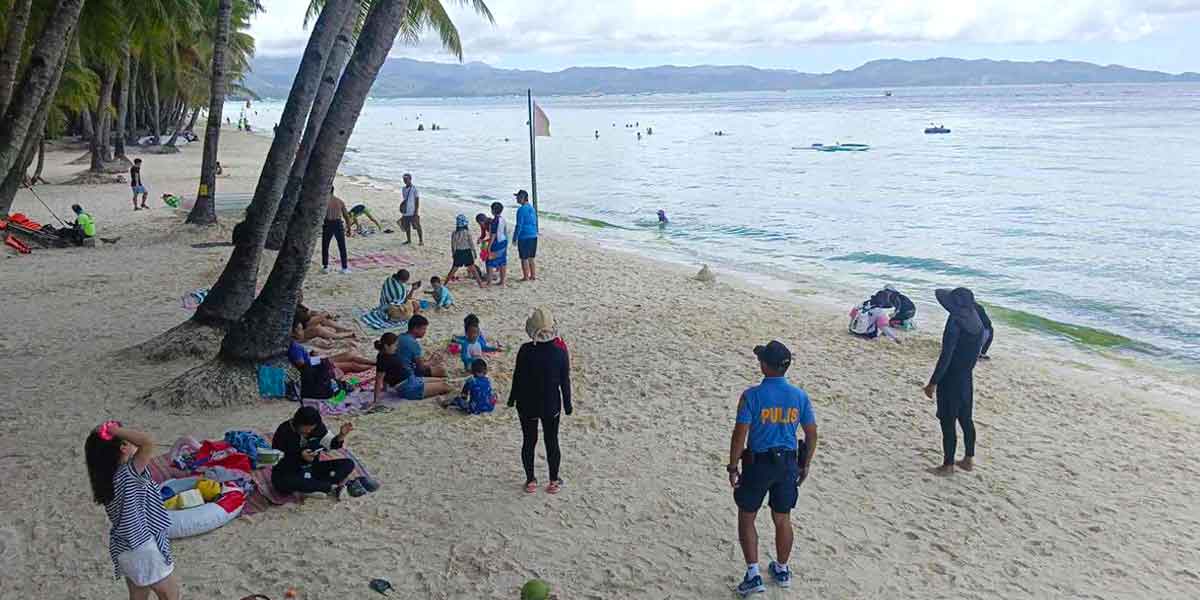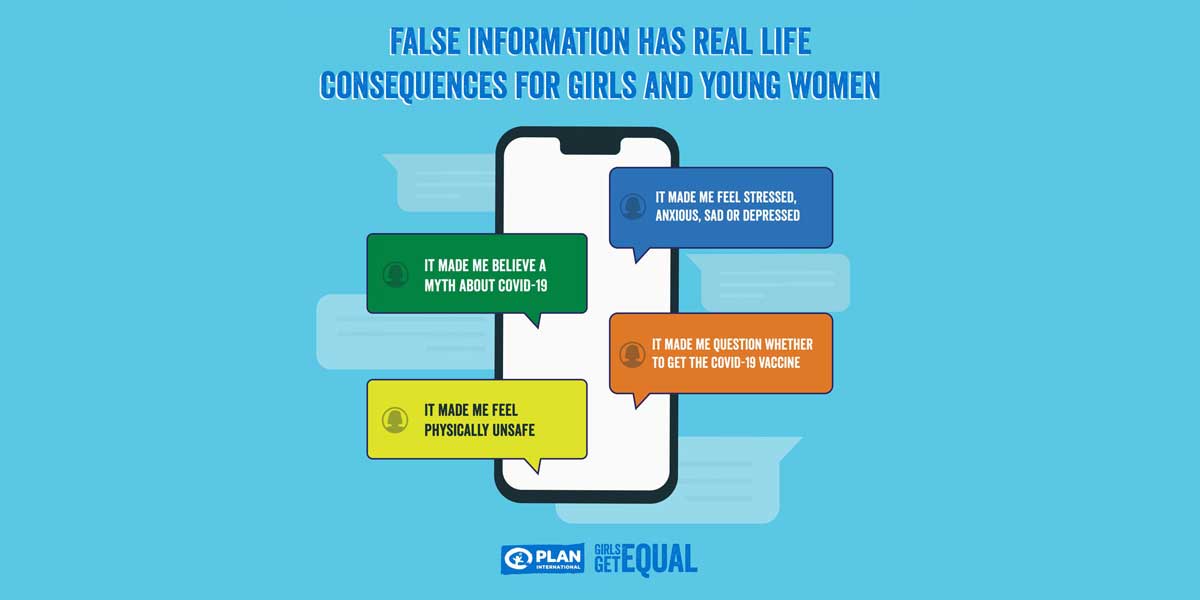
False information online has left one in five girls (20%) feeling physically unsafe, according to The Truth Gap, a new report by Plan International.
The research includes a landmark survey of over 26,000 girls and young women from 26 countries (including 1,000 respondents from the Philippines), which also found that exposure to lies and mistruths are having a profound impact on how they engage with issues ranging from COVID-19 to politics.
Plan International, which says the findings lay bare the ‘real life consequences’ of misinformation and disinformation on girls and young women, is calling on governments to educate children and young people in digital literacy.
In the first large-scale global study to examine the gendered impact of misinformation and disinformation online, it was found that nearly nine in 10 (87%) of girls and young women think it has had a negative impact on their lives.
Globally, there was no online source that the majority of those surveyed trusted to provide reliable information.
One in three report that false information is affecting their mental health, leaving them feeling stressed, worried and anxious.
In-depth interviews carried out by Plan International suggest that girls are feeling unsafe because online exchanges are increasing social tensions within communities.
Others reported concerns about bogus events advertised on social media placing them at physical risk, or unreliable medical advice that could harm their health.
In the Philippines, only 1% of girls spend less than an hour online daily, while 32% of girls and young women reported spending more than 12 hours online. An overwhelming 93% are concerned about misinformation and disinformation. The spread of false information online is an issue of our times. It affects all of us. But for girls, the impact is devastating.
Girls and young women from the Philippines were more likely to be affected by unreliable or false information online. Thirty-eight per cent (38%) of those surveyed in the country have been led to believe a myth or ‘fake fact’ about COVID-19, and they were twice as likely to have questioned whether to get the vaccine (35%) than those in high income countries (16%).
Furthermore, 31% say mistruths are so rife that they have distrusted election results, while one in five (21%) have stopped engaging in politics or current affairs as a result.
The survey found that Facebook was the social media platform that girls in the Philippines believe to have the most misinformation and disinformation, selected by 81% of respondents, followed by YouTube (44%), Twitter (30%), and TikTok (24%).
Plan International Philippines Country Director, Ms. Ana Maria Locsin said:
“It is crucial that we recognize that while the internet can be a weapon for learning and meaningful social interactions, it can also be a threat to the well-being of children and the youth, especially girls and young women.
Almost every day, girls and young women are exposed to multitudes of content, most of
which contain harmful messages and materials. Napakatalamak ng false information online at ang pagkalat nito ay may malaki na pinsalang dulot sa mga bata at kabataang babae.”
As part of its Girls Get Equal campaign, Plan International is supporting girls worldwide in calling on governments to take immediate action to increase children and young people’s digital literacy, equipping them with the knowledge and skills to identify false information and engage confidently in online spaces.
The organization’s survey found that in the Philippines over a quarter of girls and young women (31%) are not sure how to spot misinformation or disinformation online, while 6% said that they do not know how identify whether the information they access online is truthful.
“We need to make digital literacy a priority for everyone. Education really is the most powerful weapon we can use to change the world. If we can equip not just girls and young women but everyone with knowledge on how to combat misinformation and disinformation, we can make a better world for the future generation where only the truth prevails.” says Dorothy, one of the girls in the Philippines calling for change.
The girls’ petition can be signed at this link: plan-international.org/sign-girls-petition

